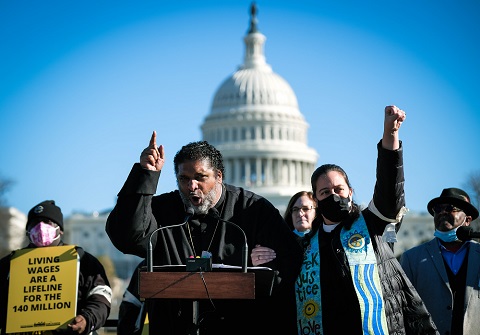Street Sense vendor and artist Eric Thomson-Bey recently left Washington D.C. and his job selling a street paper there for employment on a farm in Pennsylvania. Here he reflects on the opening moments of this new rural life.
By Eric Thomson-Bey
I’m leaving the city to start my new job in Biglerville, Pennsylvania. As I leave D.C., I think about how much I’ll miss our beautiful city. But it’s for the best.
While riding down the highway with my new boss, Winn Schulteis, he is telling me how different Biglerville will be from D.C. The nearest store is 2-and-a-half miles away. The nearest neighbours are not next door, but down the road. There are fruit farms for miles.

As we continue to travel he’s telling me what’s expected of me as an employee, which I need to know since I’ve never worked on a farm before. I listen to everything he tells me, because I don’t want to mess up this opportunity.
As we continue travelling out of the District into Maryland, I notice fewer buildings and more open land. I start to see horses, donkeys and other livestock. I’m in the country now. What a difference from the city.
Then I see the sign, ‘Welcome to Pennsylvania’, and the road changes from tar to concrete. My boss tells me we’ll be at the farm in a few minutes. I see another sign that says ‘Borough of Biglerville’. We are here.
As we turn off the highway onto the farm, I see a big beautiful house with the U.S. flag in front. It’s the house of my boss and his family. Behind his house is a guest house.
We continue riding on the farm. I see a pond with tents around it and people camping out. These are guests of the Schulteis family. He tells me that they come to camp out here twice a year. I think that was really cool. I only see these things on T.V., not in the city.
As I look around the farm, I notice there’s enough land to build a whole neighbourhood—maybe two. There are tons and tons of apple trees and other fruits and vegetables growing all over. You need a vehicle to get around.
We pull up to two white houses. The first one is where I’ll be staying. I’ll be the only one staying here until the other employees come later in the summer. He gives me a tour of the house and asks, “What do you think?” I tell him that I’m good.
I sleep good that night—no sirens, no traffic, no drama.
The next day I am up early as usual, ready for work. I meet my two co-workers, who are both from Jamaica. They show me around the shop where we’ll meet every morning and how to use the time clock. Now it’s time for work.
There is no training. It is all hands on, just the way I like it. The very first thing that I learn is how to plant by hand. This is easy to me, easier than the hard labour of construction in the city.
By 10 a.m. I am starting to feel the heat of the hot sun and am hoping to make it through the day. I am not prepared for this. I have no hat and no water with me. The sun doesn’t seem to bother my co-workers. I take a few breaks, but they just keep on working. That day we pick asparagus and strawberries. The sun has beat me up so bad I have to clock out early that first day.
The next day isn’t so hot. I make it through the day, but the following day I only make it through half the day. The sun has got me again.
During the week I am learning different things. One of the things I really enjoy is using the planter. The planter is a really cool machine. It has two seats on it for two people and has these two big wheels in between the seats that put holes and water in the soil. As the tractor pulls the planter, we put the seeds in each hole with the water, so that the fruit and vegetables can grow.
I make it through the first week on my new job at Quaker Valley Orchards.




















